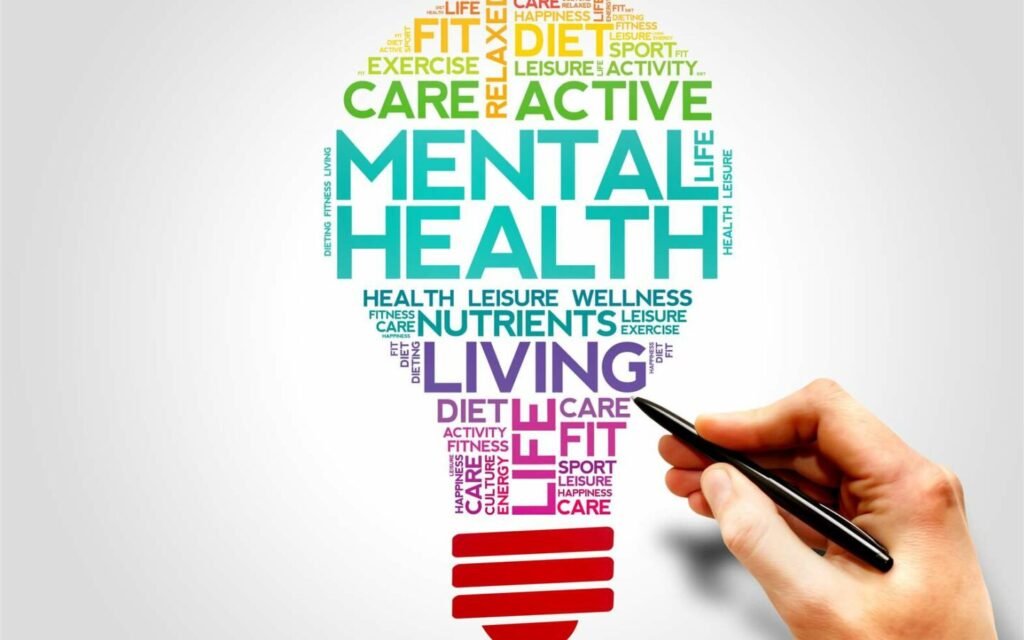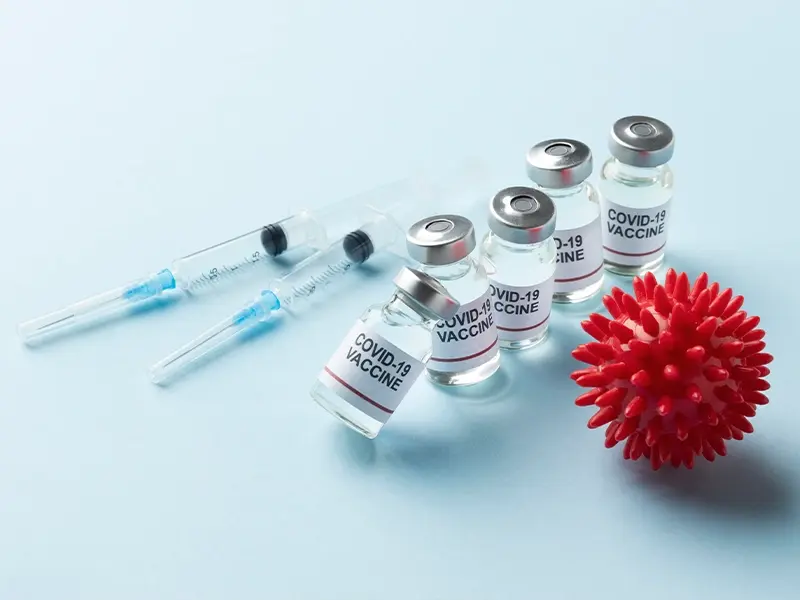
Five essential nutrients to help naturally combat postpartum hair loss.
Here are 10 key points highlighting the main aspects of the article:
-
Postpartum Hair Loss: Many new mothers experience hair loss after childbirth, particularly noticeable around three to four months postpartum.
-
Hormonal Changes: The primary cause of postpartum hair loss is hormonal fluctuations, especially a decrease in estrogen levels.
-
Nutritional Deficiencies: Common deficiencies in iron, vitamin D, and omega-3 fatty acids during and after pregnancy contribute to hair fall.
-
Impact of Stress: Stress and lack of sleep following childbirth exacerbate hair loss due to their effects on hormone levels and overall well-being.
-
Misconceptions About Biotin: Many new mothers mistakenly focus solely on biotin for hair health, overlooking the need for a balanced intake of various nutrients.
-
Essential Nutrients: Five critical nutrients for hair health include protein, iron, zinc, vitamin D, and biotin—all of which play important roles in hair growth and maintenance.
-
Protein Sources: Foods rich in protein, such as eggs, beans, nuts, and lean meats, are essential for maintaining hair strength.
-
Iron Sources: To combat hair loss, include iron-rich foods like spinach, red meat, and whole grains, as iron is vital for oxygen transport to hair follicles.
-
Zinc and Vitamin D: Zinc aids in tissue repair and oil gland function, while vitamin D is crucial for creating new hair follicles and maintaining growth cycles.
- Holistic Approach: Maintaining a balanced diet, staying hydrated, and ensuring adequate rest are key strategies for managing postpartum hair loss effectively.
Transforming Maternity: Understanding and Managing Postpartum Hair Loss
Maternity is a life-altering experience, bringing both joy and unique challenges. One of the most surprising issues many new mothers face is postpartum hair loss, a concern that can sneak up on them in subtle ways. Initially, you may notice a few strands on your brush, but as time goes on, it can feel like your hair is bidding farewell in large clumps. If you’re experiencing this, know that you are not alone—postpartum hair loss is common, peaking around three to four months after giving birth. However, with patience and proper nutrition, you can manage this condition effectively.
Understanding the Causes
The primary culprit behind postpartum hair loss is the fluctuation in hormone levels and nutrient deficiencies that occur during and after pregnancy. During pregnancy, your body undergoes drastic changes, often using up stores of critical nutrients like iron, vitamin D, and omega-3 fatty acids. With the arrival of a new baby, the body’s demand for protein also increases, creating an imbalance that can trigger hair loss.
Additionally, factors such as stress and sleep deprivation—common among new parents—contribute to diminished estrogen levels, further exacerbating hair shedding. Recognizing that these changes are temporary is vital; with the right approach, you can support your body in reclaiming its balance.
Common Missteps in Managing Hair Loss
One of the most prevalent mistakes new mothers make while tackling hair loss is focusing primarily on biotin. Though this vitamin is crucial for healthy hair, it cannot single-handedly remedy issues stemming from low estrogen levels or nutritional imbalances. Instead, it’s essential to adopt a well-rounded diet that addresses various nutrient needs to promote hair regrowth.
Key Nutrients for Hair Health
Nutrition plays a pivotal role in combating postpartum hair loss. Here are five crucial nutrients, along with their benefits and natural sources:
-
Protein
- Importance: Protein is the fundamental building block of hair. Insufficient protein intake can weaken hair, making it prone to fall out. New mothers should aim for 80 to 100 grams of protein daily.
- Sources: Incorporate eggs, lentils, beans, nuts, yogurt, chicken, and other lean meats into your meals.
-
Iron
- Importance: Iron is vital for transporting oxygen to hair follicles. Blood loss during childbirth and irregular sleep patterns can lead to iron deficiency, contributing to increased hair shedding.
- Sources: Enhance your iron intake with spinach, red meat, pumpkin seeds, gooseberries, lentils, kidney beans, and whole grains.
-
Zinc
- Importance: This mineral aids in tissue repair and helps keep oil glands around hair follicles functioning properly. Low zinc levels can lead to hair loss.
- Sources: Consume chickpeas, cashews, oats, and seafood to boost your zinc levels.
-
Vitamin D
- Importance: Vitamin D is crucial for creating new hair follicles and maintaining the hair growth cycle. A deficiency can result in increased shedding.
- Sources: While sunlight is a primary source of vitamin D, foods such as fatty fish, egg yolks, and mushrooms can also help meet your needs.
- Biotin
- Importance: Also known as vitamin B7, biotin enhances keratin production, which is essential for hair growth.
- Sources: Include eggs, dairy products, leafy greens, whole grains, fish, and meats in your diet for an adequate biotin intake.
Practical Tips for Recovery
To effectively manage postpartum hair loss, remember that it is not solely a matter of biotin; it’s a comprehensive nutritional issue. Ensure you’re fueling your body with the right nutrients, staying well-hydrated, and striving for adequate rest. Comfort and self-care during this challenging time are paramount; balance is key.
Conclusion
In conclusion, postpartum hair loss is a common challenge faced by many new mothers, driven by hormonal changes and nutritional deficiencies. By understanding its causes and focusing on a balanced diet rich in essential nutrients, you can support your body’s recovery and promote healthy hair regrowth. Embrace this fleeting phase of motherhood with the knowledge that the changes to your hair are not permanent and can be managed effectively with the right approach. Your body deserves the best care—nurture it, and your hair will thank you!


